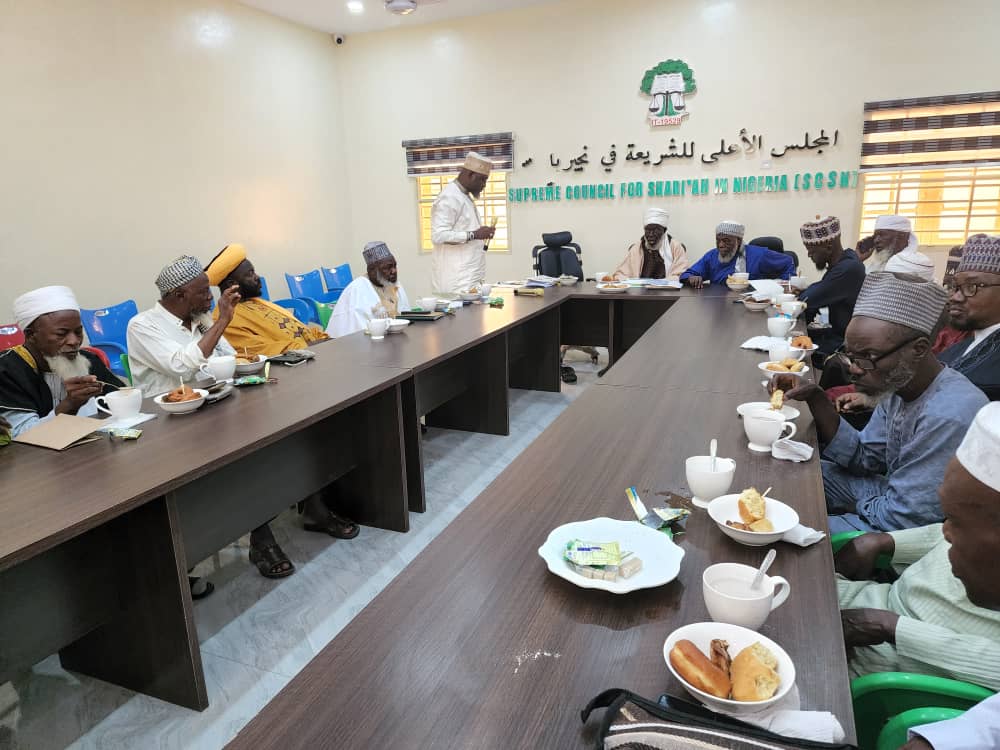-
Says Muslims Still Politically Marginalised
- Safiu Kehinde
The Supreme Council for Shari’ah in Nigeria (SCSN) has faulted the Muslim-Muslim ticket that brought President Bola Tinubu and Vice President Kashim Shettima into office in the 2023 general election, stressing that muslim communities remain politically marginalised.
As against belief that the administration will favour them, the council held that they have not benefited from having two Muslims at the highest levels of government.
The President of the SCSN, Sheikh Abdurrasheed Hadiyyatullah, stated this at a pre-Ramadan lecture held in Kaduna on Tuesday.
According to him, millions of Muslims felt betrayed as they remain politically marginalised across Nigeria, especially in the South-West.
“We have seen Nigerians vote for leaders of the same Islamic faith into the presidency without turning the country into a perpetual battlefield. However, we have not seen justice and equity extended to all communities, regardless of their faith,
“We stand in solidarity with our brothers and sisters in the South-West and advise those who seek to divide the Nigerian Muslim Ummah to find other pursuits.
“The Ummah looks to us for guidance and assurance that their faith will not be sacrificed on the altar of political opportunism and greed. Many Muslims feel betrayed for voting this administration into power.
“For over two decades, the council has played a pivotal role in addressing insecurity and ethno-religious crises in Nigeria. In the past year, we have engaged with major security stakeholders, including the intelligence community and other strategic actors. These developments demand urgent and decisive action from the government,” Hadiyyatullah stated.
Expressing concern over the worsening socio-economic conditions in the country, the SCSN President noted that the removal of fuel subsidies, amongst other policies, have led to skyrocketing costs of living, making food, transportation, and essential goods unaffordable for many Nigerians.
“The depreciation of the Naira, high inflation, and stagnant wages have further eroded the purchasing power of citizens. The Council has consistently advised the administration to adopt policies that alleviate these hardships.
“However, it is alarming that, within a short period, the government has introduced multiple new taxes and tariffs, including a 50% increase in telecommunications tariffs, a 4% FOB charge on imports, a 15% NPA tariff, a 100% hike in ATM charges, and proposed electricity tariff increases.” he said.


